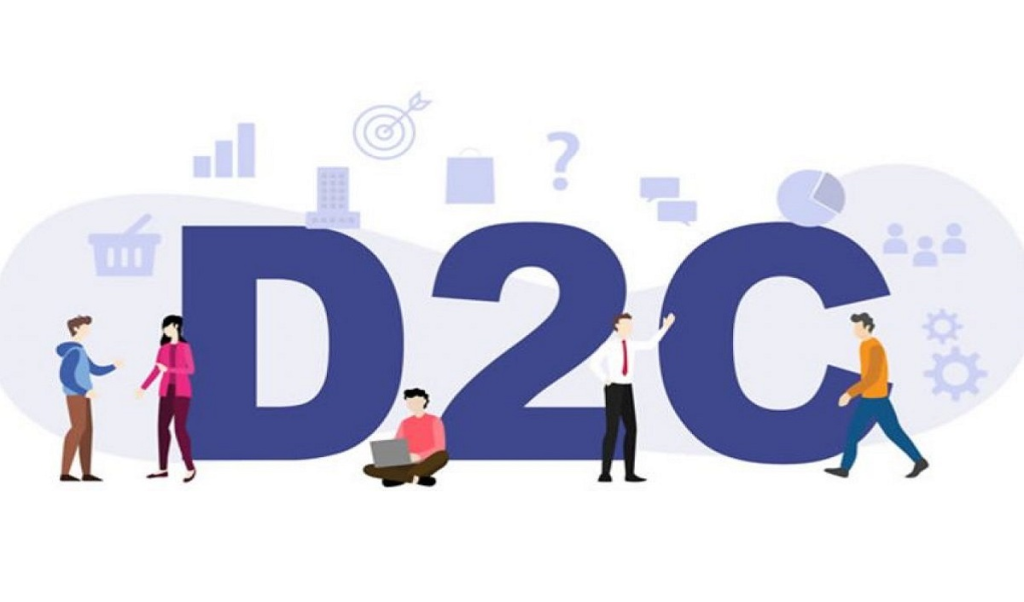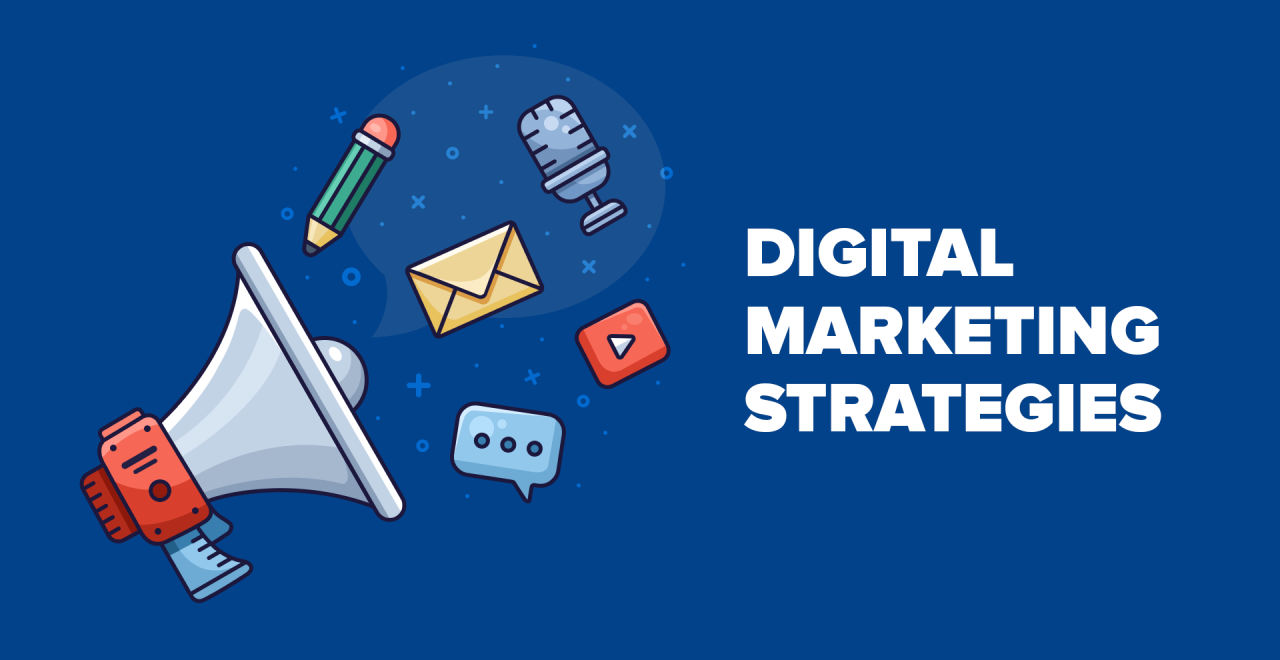Digital Marketing Strategies you must take on for D2C
Introduction to Digital Marketing
Digital marketing is the engine of today’s business landscape. At its core, it comprises all marketing efforts that use the internet or an electronic device. Traditional marketing may still hold its value, but digital marketing provides a playing field with far-reaching benefits and endless possibilities. Its rapid rise is because of the escalating number of internet users worldwide and the evolution of consumer behavior. In today’s tech-savvy era, information is at everyone’s fingertips. Thus, businesses must adapt and transform their strategies to target this digital consumer base.
Importance of Digital Marketing for D2C
Direct-to-Consumer (D2C) has emerged as a prevalent business model, facilitated by the surge in digital technology. The D2C model eliminates middlemen, offering products directly from manufacturers to consumers. Here’s where digital marketing plays its part. It provides businesses the platform to communicate, engage, and sell directly to their customers.
Digital marketing in the D2C model has the dual advantage of brand creation and sales drive. It gives businesses enhanced control over their brand message and the way products are marketed and sold. Furthermore, it fosters a direct relationship with consumers, bolstering consumer loyalty and engagement.

Core Strategies for Success
Understanding the Target Audience
The foundation of any marketing strategy lies in knowing who your consumers are and what they want. Businesses must meticulously research to define their target audience. It includes understanding their demographics, interests, behavior, and buying patterns. Based on this understanding, create customer personas to guide your strategies.
Implementing SEO for Organic Reach
Building a robust online presence is essential in the digital age. For this, search engine optimization (SEO) is vital. It helps businesses gain visibility, enhances website ranking in search engine results, and amplifies organic website traffic. SEO tactics include keywords, meta descriptions, and high-quality content that aligns with what your target audience is searching for. Also, index your website and make it mobile-friendly as Google gives priority to such sites.
Leverage Content Marketing
Content marketing is a pivotal part of digital marketing. It includes creating and distributing valuable content to attract and engage the target audience. This tactic is not about direct selling; instead, it focuses on providing relevant information to help users find solutions. Let’s breakdown content marketing’s fundamental elements of success.
| Content Type | Importance |
|---|---|
| Blogs | They increase brand credibility and authority, improve SEO efforts, and engage readers. |
| Ebooks | An excellent medium of extensive knowledge sharing, they also help capture leads. |
| Podcasts & Videos | They cater to the growing consumer penchant for audio-visual content. |
This table shows how varied forms of content are vital for successful marketing. Such a strategic mix of content types ensures that the brand reaches a wide audience demographic.
Bolstering Social Media Presence
- Consistency: Businesses must post regularly to stay in the audience’s feed and mind.
- Engagement: Encourage user interaction through quizzes, polls, or posts that invoke responses. Responding to comments and messages also makes users feel valued.
- Algorithm Understanding: Each social media platform has its unique algorithm. Understanding them helps in optimizing posts for maximum outreach.
Effective Email Marketing
Despite the rise of numerous fancy marketing channels, email marketing continues to hold its ground. It’s a personalized way to reach out to your customers. From welcome emails to promotional emails, newsletters, or abandoned cart reminders, email marketing adds value at ever touchpoint of the customer journey.
- Welcome emails generate 4x more opens and 5x more clicks than regular promotional emails.
- An abandoned cart reminder can bring back 10% of the customers to complete their purchase.
Case Studies of Successful Digital Marketing
In the digital ecosystem, several D2C companies have effectively harnessed and leveraged the power of digital marketing. Warby Parker, a D2C eyewear brand, has managed to combine both online and offline marketing strategies. Initially, starting as an online-only store, Warby Parker introduced a virtual try-on option on their website, enabling users to test out glasses from the comforts of their homes. In addition to this, they have effectively drawn traffic to their website through their blog content, providing relevant and engaging content.
Another D2C brand, Dollar Shave Club, leveraged the power of viral content combined with influencer marketing. Their launch video, “”Our Blades Are F*ing Great,”” garnered over 26 million views. This, coupled with their razor subscription service, led to a rapid increase in memberships.
Implementing the Digital Marketing Toolbox
Implementing all these strategies may seem intimidating, but fear not. Several tools aid in managing and optimizing your digital marketing efforts. SEMrush and Moz are substantial SEO tools that provide keyword analytics and website audits. Mailchimp and ConvertKit are excellent for managing email marketing efforts. Similarly, Buffer and Hootsuite are necessities for social media management. However, the choice of tools should be based on the parameters of your business needs and budget.
Measuring Success: Key KPIs
Success in digital marketing can’t be distinct without measuring key performance indicators (KPIs). For D2C brands, the most crucial KPIs include:
- Traffic
- Conversion rate
- Customer acquisition cost
- Customer lifetime value

Adapting to Marketing Changes and Trends
The digital marketing landscape is dynamic and continuously evolving. D2C businesses must stay agile and adapt to new trends and developments. Currently, mobile marketing, voice search optimization, and AI are transforming digital marketing paradigms. Thus, continuously updating strategies as per consumer behavior, technological advancements, and market trends is imperative for long-term success.
Conclusion: The Future of D2C Digital Marketing Strategies
In essence, the future of D2C marketing strategies is packed with opportunities. Digital marketing plays a central role in the D2C model, influencing every stage of the customer journey— right from discovery to purchase and even post-purchase engagement. With an array of digital tactics at one’s disposal, businesses that engage, innovate, and adapt stand to win in the D2C narrative.
FAQs
- Why is digital marketing essential in the D2C model? Digital marketing provides D2C businesses a platform to communicate, engage, and sell directly to their customers. It removes middlemen and enhances control over the brand message, product marketing, and sales. Moreover, it allows companies to foster a direct relationship with consumers, leading to improved loyalty and engagement.
- What is the role of content in digital marketing? Content is a crucial aspect of digital marketing, attracting and engaging the target audience. It includes creating and sharing relevant information that helps the audience find solutions, rather than focusing on direct selling. It increases brand credibility, improves SEO efforts, and ensures that the brand reaches a wide audience demographic.
- Is social media important for D2C businesses? Yes, it is. Social media gives D2C businesses a direct communication line with consumers. It helps in building brand loyalty, increasing product visibility, and driving up sales. However, success on social media entails consistency, engagement, and an understanding of the platform’s algorithm.
- How can D2C businesses measure the success of their digital marketing efforts? D2C brands can measure their digital marketing success with key performance indicators (KPIs) like website traffic, conversion rate, customer acquisition cost, and customer lifetime value.
- How important is it for D2C businesses to stay updated with new digital marketing trends? The digital marketing landscape is constantly evolving due to technological advancements and changing consumer behavior. It is essential for D2C businesses to stay updated with these changes and adapt their strategies accordingly.
